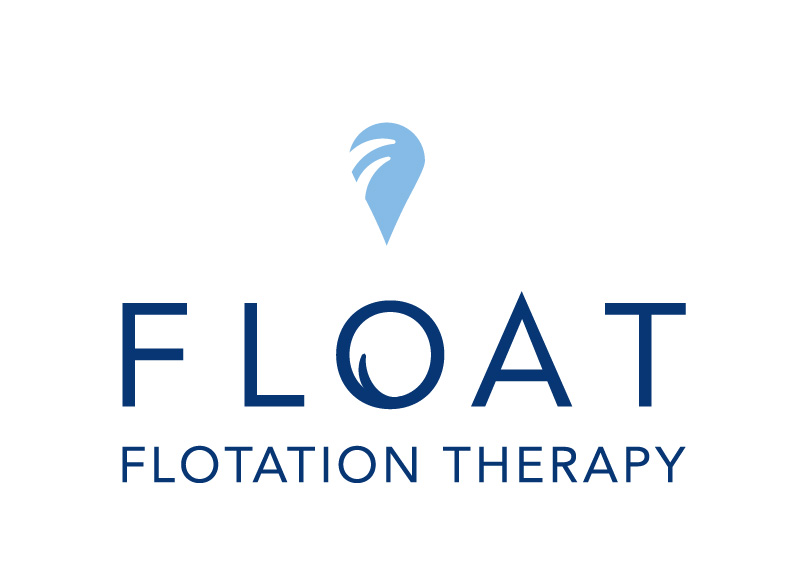
Floating while pregnant
Mark - Float Boston
What Makes Floating So Appealing for Pregnant Women?
1. Natural Relief from Pain and Swelling
Floating lifts the body completely, relieving the pressure that builds in joints, the spine, and the pelvis. This level of buoyant support—particularly during the second and third trimesters—can help relieve sciatica, backaches, and swelling in feet and ankles. Many believe it’s far more soothing than a standard prenatal yoga or water therapy session.
2. Stress Reduction, Better Sleep, and Mood Boost
Isolation tanks promote deep relaxation—turning down external stimuli and allowing stress and cortisol to recede. Many floaters report sleeping better after a session, with elevated moods and a calm that lasts days. A float studio even cites data stating a single session can reduce stress by about 23% and improve mood by 50%.
3. Improved Circulation and Blood Flow
By reducing the effects of gravity, floating may dilate blood vessels and improve oxygen delivery to both mom and baby. This can ease swelling and potentially stabilize blood pressure—something that’s particularly beneficial during pregnancy.
4. A Unique Bonding Moment with Your Baby
The peaceful, womb-like environment of a float tank often amplifies awareness of your baby’s movements and heartbeat. Floating belly-down or back can create a serene womb-like embrace—many moms describe it as the best way to listen to their baby without distractions.
One float-blog author recounts gently swaying her body and “feeling the baby settle into a hammock position—calm, easy, everything clicked,” and she later noted no issues with baby positioning at birth.
Is It Safe? What the Research & Experts Say

General Safety
Experts agree: floating is generally as safe as taking a warm bath. Epsom salts (magnesium sulfate) used in the tanks are not known to harm either mother or fetus and may even offer mild benefitsFloating On Your Back vs. Belly
While lying flat on your back outside the tank can reduce blood flow to the uterus, inside a float tank this concern is significantly lessened—buoyancy and evenly distributed support prevent undue pressure on the circulatory system.Clinical Trials of Floatation (REST)
Although not specific to pregnant women, multiple studies have confirmed the safety and psychological benefits of repeated float sessions (up to six) in people with anxiety or depression. Participants reported no serious adverse effects, high adherence, and overwhelmingly positive experiences.Physiological Benefits Beyond Pregnancy
Float-REST (Reduced Environmental Stimulation Therapy) has been shown to help with pain, sleep quality, anxiety, and stress—especially notable for women.
How to Float Safely During Pregnancy

If your doctor gives the go-ahead, here are some best practices to ensure a peaceful experience:
- Consult Your Obstetrician First
Float therapy is generally safe—especially in the second and third trimesters—but every pregnancy is different. Talk through your personal risk factors to be sure. Time It Appropriately
Many professionals recommend waiting until after the first trimester, not because floating itself is risky, but because this period carries higher miscarriage riskChoose a Reputable Float Center
Hygiene matters—use centers that sanitize tanks after each session, maintain proper water filtration, and ensure body-temperature comfort (around 93.5°F).Stay Hydrated and Comfortable
Drink water before and after your session. Don’t float on a full stomach. Avoid shaving or using creams before floating to limit irritation from salt.Listen to Your Body
If you feel dizzy, overheated, or uneasy—exit the tank gently, rest, and hydrate. Most moms report only calm and relief, but your comfort is priority.
Final Thoughts

Floating while pregnant isn’t just about physical relief—it can become a deeply calming ritual that nurtures both body and soul. Whether you’re easing back pain or seeking a quiet bonding moment with your baby, float therapy offers a sanctuary unlike any other.
That said, always consult your healthcare provider to tailor the experience to your unique pregnancy. When done thoughtfully, floating can become a beautiful chapter in your journey to motherhood.
Want more? Check out this journal written by a pregnant mom who used flotation.
